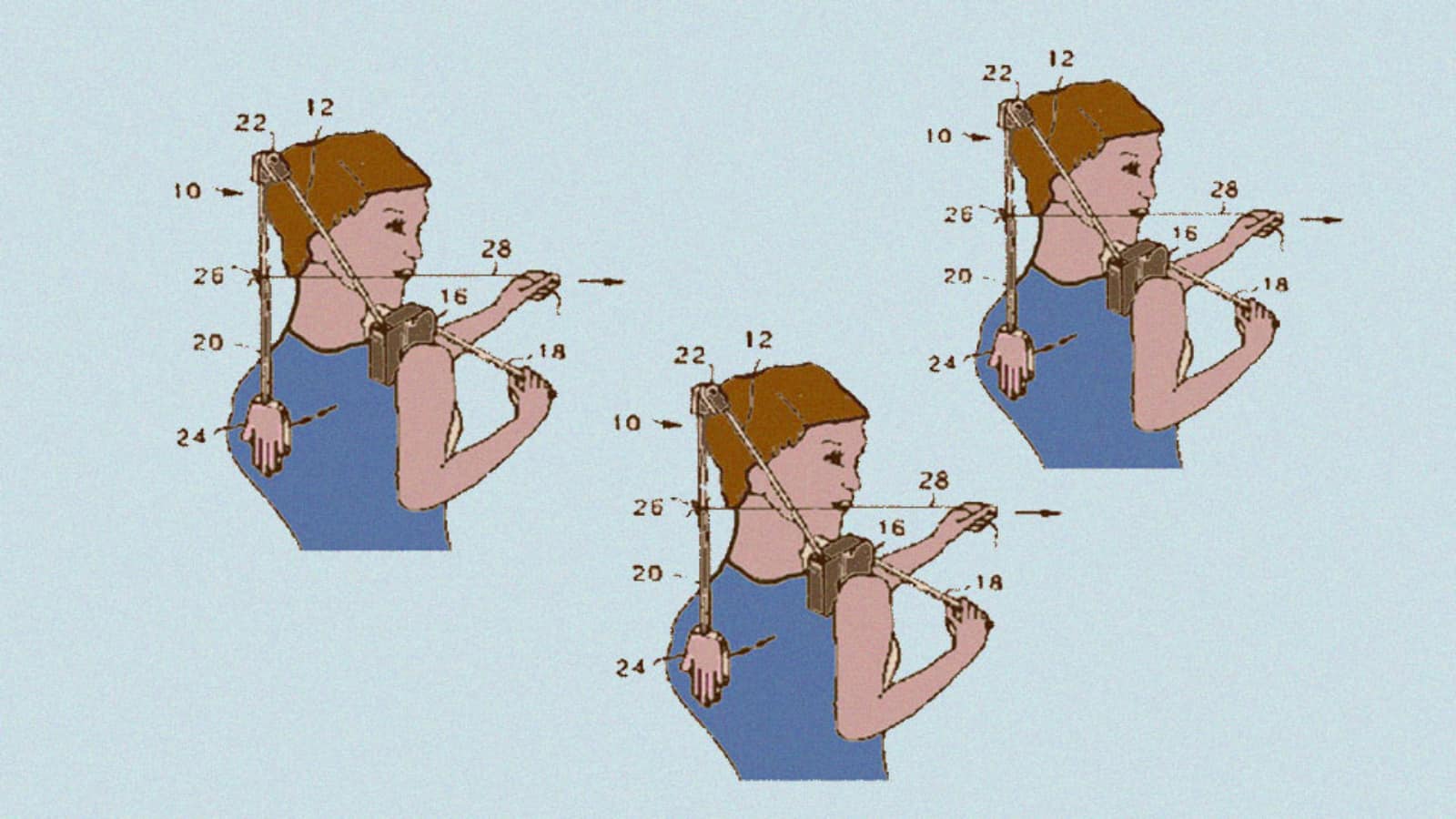Learning to be happy
Clients see real wins in weeks - focus develops, goals stick, success grows

For nearly a century, psychology has focused on a disease and disorder model, identifying deficits in human behavior and attempting to "fix" what’s broken. While this approach has led to significant advancements in treating mental health conditions, it has left a gap in our understanding of what makes people thrive. Psychologists know far more about dysfunction than they do about healthy, happy functioning.
Enter positive psychology, a field less than 25 years old, which shifts the focus from pathology to potential. Instead of asking, “What’s wrong with you?” positive psychology asks, “What’s right with you—and how can we build on that?” By studying positive emotions, strengths, and institutions, this science has experimentally proven what works to increase happiness and well-being.
For individuals with ADHD, this shift in perspective is particularly powerful. Too often, ADHD is framed in terms of deficits—lack of focus, impulsivity, disorganization. But what if we focused instead on the unique strengths and possibilities that come with an ADHD brain? Positive psychology offers a roadmap for doing just that.
Traditional approaches to ADHD often emphasize “fixing” problems: improving focus, reducing impulsivity, and trying to fit into a neurotypical mould. While these goals are important, they can leave individuals feeling inadequate or broken. The constant focus on what’s “wrong” can overshadow the many strengths that come with ADHD, such as creativity, resilience, and the ability to think outside the box.
Research shows that individuals with ADHD are more likely to experience low self-esteem, anxiety, and depression, partly due to societal stigma and the challenges of navigating a world not designed for their brains. However, studies also suggest that ADHD individuals often possess remarkable strengths, such as hyperfocus, spontaneity, and a unique ability to solve complex problems.
Positive psychology offers a refreshing alternative: instead of trying to “fix” ADHD, it encourages individuals to embrace their unique traits and build a life that aligns with their values and strengths.
Positive psychology has identified several evidence-based practices that can boost happiness and well-being. These include:
For individuals with ADHD, positive psychology offers a powerful framework for thriving. Here’s how:
As a coach, I integrate the principles of positive psychology into my work with ADHD clients. My approach focuses on:
By combining the insights of positive psychology with a deep understanding of ADHD, I help clients build lives that are not just functional, but fulfilling.
ADHD is often seen as a disorder to be managed, but it’s also a unique way of experiencing the world—one that comes with its own set of strengths and possibilities. Positive psychology offers a science-backed toolkit for unlocking these possibilities and living a happier, more meaningful life.
If you’re ready to explore how positive psychology can transform your ADHD journey, let’s connect. Together, we can build a life that celebrates your strengths and aligns with your values.
Andrew Lewis is an Adult ADHD Coach, writer and founder of SimplyWellbeing. He has over 16,000 hours of experience in coaching over 600 adults with ADHD. Andrew helps entrepreneurs and creatives with ADHD thrive and achieve wellbeing and is always happy to have a free chat to discuss coaching. Andrew ran a major ADHD support group and even an ADHD diagnostic clinic for a while. Andrew is an adult ADHD Coach backed with business expertise from a twenty years career in software, from roles in programming, through marketing, sales at IBM, then to running a few software start-ups.

